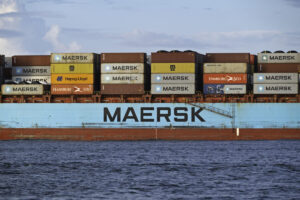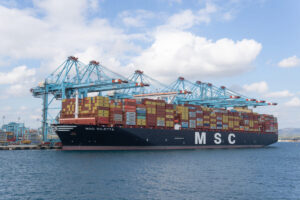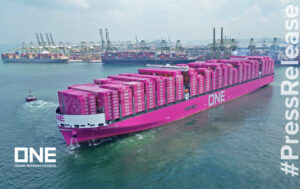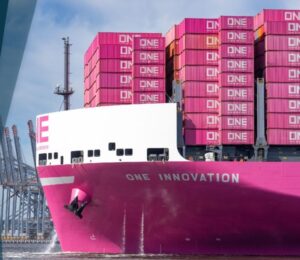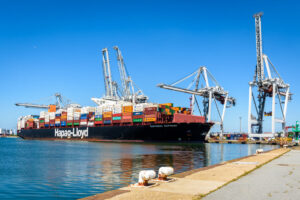The Port of Dover's, a member of the BPA, Western Docks Revival Project concept. Image courtesy of the BPA
The British Ports Association (BPA) has argued that the UK Government’s latest environmental strategy lacks credible evidence for its claim that shipping emissions significantly impact air quality in the UK.
The BPA responded to the UK Governments Clean Air Strategy, published May 22, 2018, which includes requirements for all major ports to develop air quality plans within the next year.
The strategy, in regards to the maritime industry in the UK, states that “international shipping (ships that go to or come from international destinations) emissions have a significant impact on air quality in the UK due to shipping lanes and engine operation while at UK ports.”
The BPA has stated that the assumptions in the Government’s strategy are based on reports utilizing methodology with significant limitations, including “substantial guesswork around vessels’ fuel type and sulphur content and assumptions on vessels’ engines”, and questions the sources used in emission monitoring.
Commenting on the Government’s release Policy Manager at the BPA, Mark Simmonds, said:
“Ports and shipping are part of the solution, not the problem and it is disappointing that the Government have missed the opportunity to promote shipping as the cleanest way to move freight.
“Ports handle 95% of the UK’s trade and moving freight by sea is still by far the most environmentally-friendly way to facilitate global trade – as well as ensuring our economy continues to function and our food and energy supplies are secure.
“In comparison with other transport modes shipping is an efficient and environmentally sustainable option.
“Utilizing the UK’s hundreds of ports in supporting more coastal shipping has the potential to take thousands of lorries off of UK roads.”
Based on the IMO Second GHG Study. Infographic courtesy of the BPA.
Read the port of Los Angeles' technical paper on environmental strategies — “Reduction of Air Emissions through Public-Private Partnerships”
The Clean Air Strategy requires all major English ports to produce Air Quality Strategies, setting out their plans to reduce emissions across the port estate — including both ship and shore activities.
The plans will be reviewed periodically to ensure the measures that have been selected and implemented are effective and that no further government action is required.
Commenting on the introduction of Air Quality Strategies, Simmonds said: “This is a tight deadline, but many major ports will already be taking action on air quality, monitoring the sources or producing plans of action.
“We are pleased that Government has recognized that there is not a one-size-fits-all solution to this.
“Measuring the sources of emissions is always difficult and Government should recognise that ports are often centres of major industry and logistics chains and do not usually have direct control over nearby emissions sources.”
The Clean Air Strategy sets requirements and guidelines for a range of industries to tackle all sources of air pollution, including transport, agriculture and manufacturing industries — it can be viewed in full on the UK Government website.



